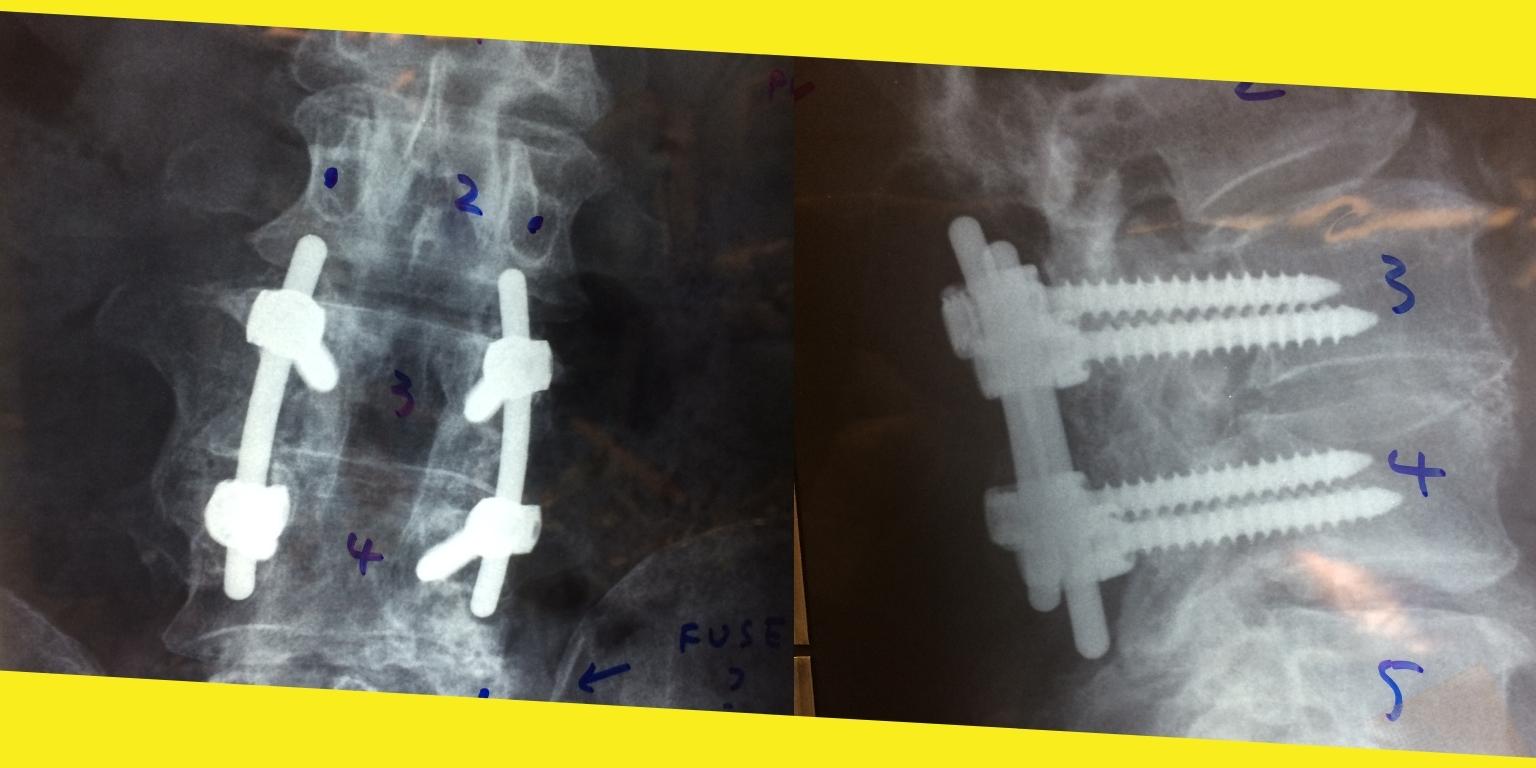Comprehensive Details You Should Know Concerning Lumbar Fusion

You are not alone if you have experienced lower back pain that prevented you from doing what you want. It is a leading cause of doctor visits, affecting more than 80% of adults at some point in their lives. Lower back pain may become unavoidable as you age, and your back loses strength and resilience. Fortunately, numerous treatment options are available, no matter what is causing your back pain. Meanwhile, lumbar fusion Bethlehem center specialists are open to any questions and consultation and all back pain you may be having. This is what you should know.
What is lumbar fusion?
Lumbar fusion is designed to eliminate painful movement and restore spinal stability. Spine surgery is usually recommended to connect the vertebrae. Rods, screws, and metal plates are used when your practitioner can identify the source of your pain. Your doctor may be using imaging tests such as X-rays, positron emission tomography scans, and magnetic resonance scans to accomplish this.
Types of lumbar spinal fusion
1. Posterolateral Lumbar Spinal Fusion.
In this type of fusion, a grafting bone is placed between the vertebrae, which acts as a bridge between them. This configuration encourages bone healing from one vertebra to the next. In a complete posterolateral fusion, pedicle screw fixation is typically used. Pedicles can be found in each lumbar vertebral segment. The segments can be linked by screwing into the pedicles and connecting them with a metal rod. The majority of posterolateral fusions are classified into one of two types: Four screws and two metal rods are used to connect two vertebrae in a one-level fusion.
2. Interbody Lumbar Spinal Fusion.
In a cage, the bone graft is situated between the vertebrae surrounding the spinal disc. The disc must be eliminated, and the vertebral endplates must be kept clean, primed, and ready for graft placement. An interbody fusion can be performed in two ways: anterior or posterior, with either an abdominal or a back incision.
Why is lumbar fusion necessary?
- Spinal fusion surgery aims to stabilize different parts of the spine. Some patients who suffer from severe back pain may benefit from this treatment.
- When two vertebrae fuse, a single solid bone is formed rather than two. Because the two vertebrae can no longer move independently, the pain associated with their movement or instability is relieved.
- This procedure also keeps the nerves surrounding the vertebrae from stretching, which can help you feel better. Because only a tiny portion of the spine is fused, spinal fusion surgery usually does not limit your range of motion once fully healed.
How painful is lumbar fusion?
After surgery, you can expect your back to be stiff and sore. You may find it difficult to sit or stand in one position for an extended period, and you may need pain medication in the weeks following your surgery. Your back could take six months to a year to fully recover. You should be able to return to work in 1 or 2 months if your job does not require physical labor. If your job requires light physical labor, it could take 3 to 6 hours.
A successful spine fusion requires several factors, including an exact preoperative diagnosis, a technologically proficient surgeon, and a patient with a generally healthy lifestyle who is motivated to pursue rehabilitation and function restoration. Polaris Spine & Neurosurgery Center helps people with acute, subacute, or chronic pain, particularly pain that affects the entire spine. The Center assesses, treats, and monitors a wide range of pain conditions; for more information, call, visit their website, and check their provided list. If you need immediate attention, avail yourself in their centers.
Recommended For You
Prevention And Home Remedies For Bee Stings
Most Inside
Most Inside offers high-quality recommendations and valuable updates to enhance all aspects of your life, providing premium guidance and enriching experiences.




